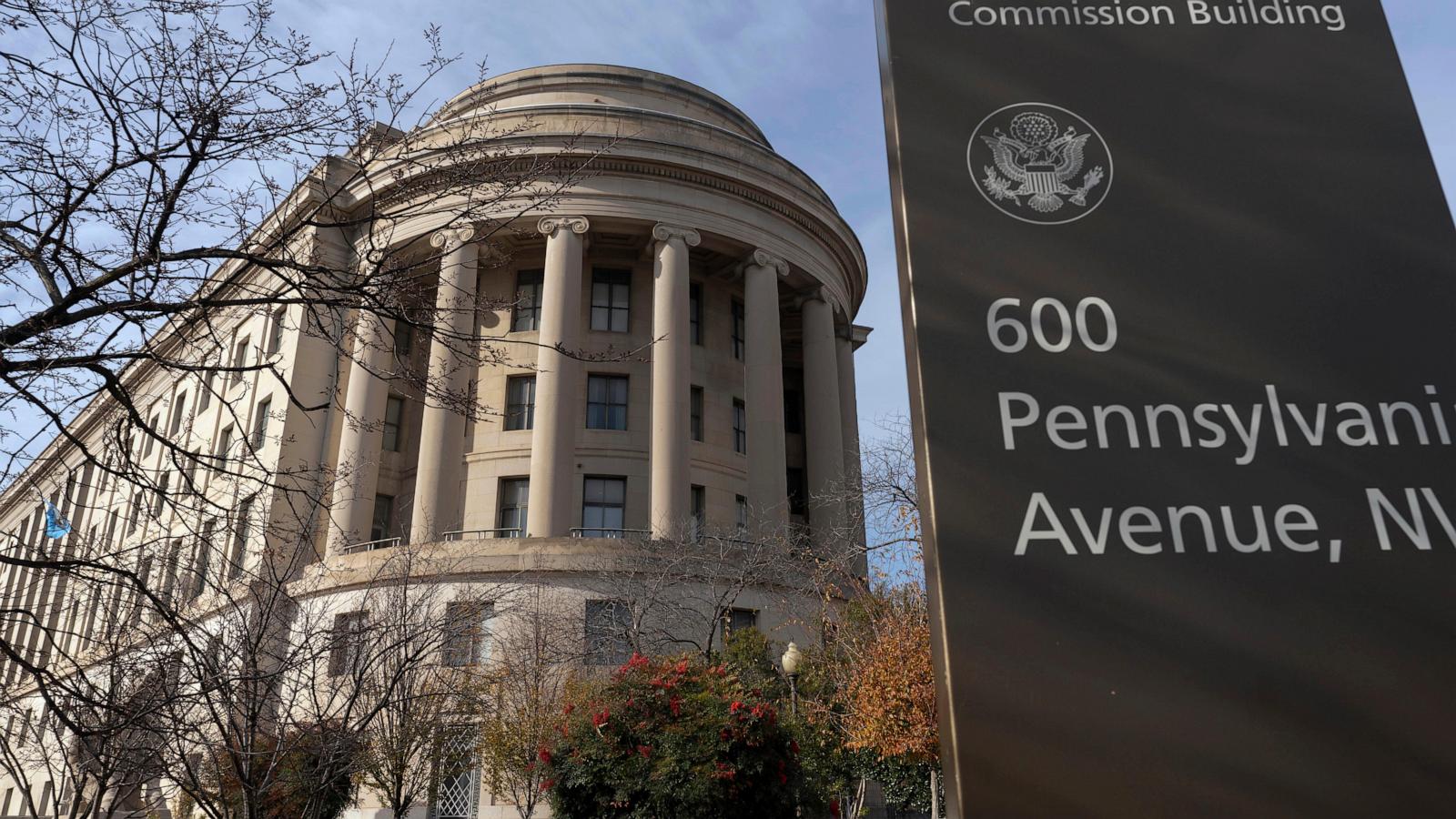Are you tired of hidden fees and unexpected costs when booking hotels, flights, or event tickets? Prepare to be shocked—and then empowered—because the FTC is cracking down on "junk fees"! This new rule will change how businesses display prices, saving you time and money. Buckle up, because this is a game-changer for consumers.
The FTC's War on Junk Fees: A Win for Consumers?
The Federal Trade Commission (FTC) is taking a firm stance against deceptive pricing practices. They're fed up with sneaky "junk fees" that inflate the final price of goods and services. These surprise charges, like resort fees for hotels or processing fees for event tickets, leave consumers feeling frustrated and cheated. The new rule mandates upfront disclosure of all mandatory fees, so you know the true cost from the get-go. No more unpleasant surprises at the checkout!
How Will This Affect You?
This means hotels, vacation rental platforms (think Airbnb and Vrbo), and event promoters will no longer be able to hide fees. All mandatory charges will be clearly listed with the advertised price. Imagine planning your dream vacation or concert outing without that dreaded feeling of wondering about hidden fees – it's a reality closer than ever! The FTC estimates this will save consumers a staggering 53 million hours annually spent trying to decipher the true cost of travel and events! That's time you can spend enjoying your vacation or concert, rather than squinting at the fine print.
Saying Goodbye to Surprise Resort Fees and Ticket Surcharges
For years, consumers have been victims of hidden fees, ranging from seemingly innocuous cleaning fees to hefty resort fees. These unexpected additions significantly increase the final cost. These "junk fees," according to the FTC chair Lina Khan, need to go. Resort fees are often tacked onto hotel bills, while event tickets may include extra processing fees. The lack of transparency frustrated consumers across the nation.
Impact of Mandatory Fee Disclosure
With the new rule, these extra fees must be incorporated into the advertised price. This ensures transparency, providing customers with all the necessary information at the start. No more wondering if there will be hidden extra costs.
A Look at the Legal Battle Against Deceptive Pricing
This crackdown on "junk fees" isn't just limited to the new FTC regulations. It is indicative of a growing movement aimed at increasing transparency in pricing. The Department of Justice (DOJ) is also tackling the issue of deceptive pricing and anti-competitive behavior, which often result in inflated prices for consumers. Recently, they filed a lawsuit against Ticketmaster, citing its monopolistic practices that contribute to these inflated prices.
The DOJ's Case Against Ticketmaster and Live Nation
The DOJ's legal action against Ticketmaster highlights a growing recognition of the significant impact of hidden fees. The suit alleges that Live Nation, which acquired Ticketmaster in 2010, uses its dominance in the market to suppress competition, leading to excessive fees for concert tickets.
What This Means for You and the Future of Pricing
The FTC's new rule marks a substantial shift toward more consumer-friendly pricing practices. By mandating upfront disclosure of all fees, it empowers consumers to make informed decisions, budget effectively, and avoid the frustration of surprise costs. This transparent approach has the potential to create a more equitable and honest market. The new rule also affects online ticketing platforms, putting the consumer firmly in charge.
How To Avoid Unfair Fees
Don't hesitate to question a high price. Often it might be more than it seems. When comparing prices always factor in mandatory fees and do some more research to make sure you aren't caught in some of these scams. With increased transparency it is now more straightforward to spot junk fees.
Take Away Points
- The FTC's new rule requires upfront disclosure of all mandatory fees for hotels, vacation rentals, and event tickets. This eliminates surprise charges and hidden costs.
- The rule is aimed at improving price transparency, saving consumers time and money.
- The Department of Justice's lawsuit against Ticketmaster and Live Nation reflects the larger trend of addressing unfair pricing practices.
- The regulation will come into force within 120 days and is projected to save millions of hours and dollars annually for American consumers.




